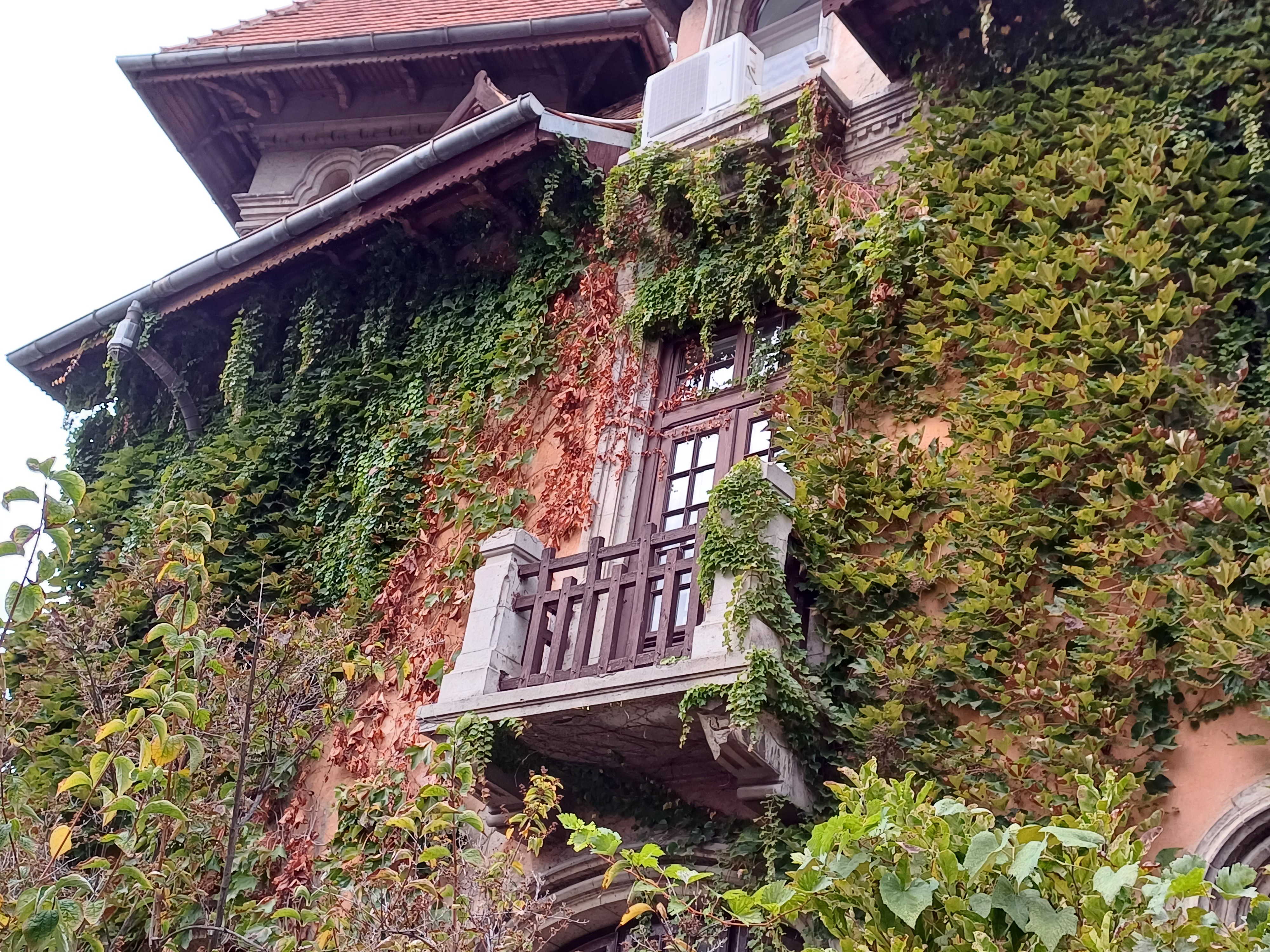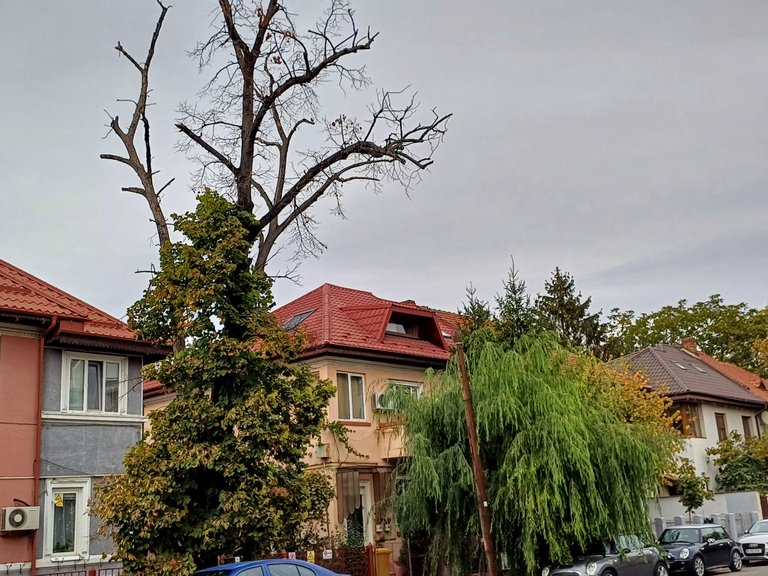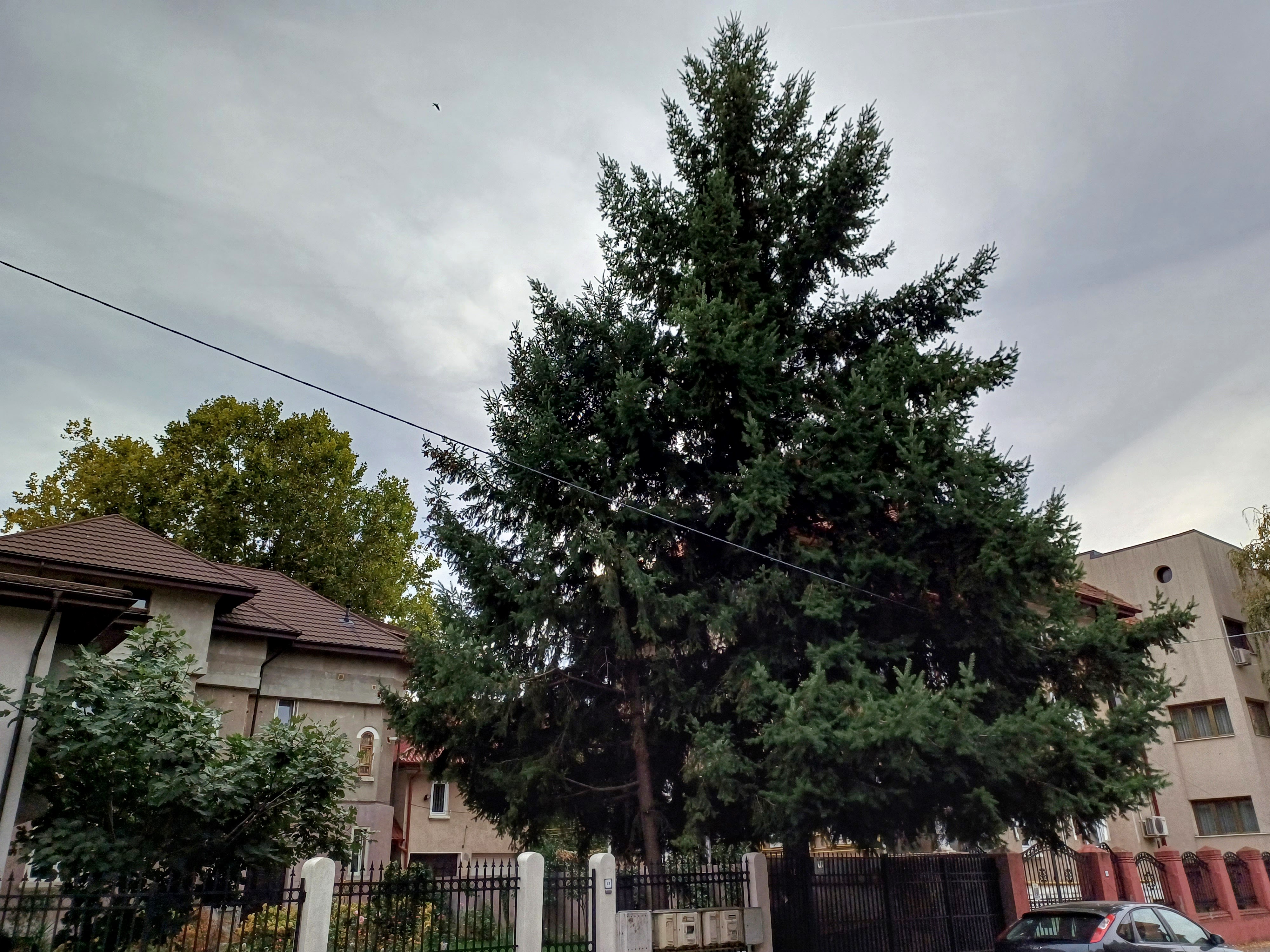There’s this jingle stuck in my head - ‘where everybody knows your name’. Turns out it’s the theme from Cheers, a show I didn’t even watch, maybe just a couple of episodes. This jingle has been bugging me since I read @ericvancewalton’s newest prompt for #memoirmonday
What were your next door neighbors like when you were a child?
The most important thing that comes to mind is that when I was a child everyone knew my name just as I can recall the names of many of the people that lived on my street. Looking back I realize I grew up in a community, a notion that my children discovered only when they joined their various virtual communities. My kids grew up in 10-story buildings where, despite the close proximity to other families, there is no sense of community. For all I know, the people living one floor above might be three-headed aliens.
.jpg)
The neighborhood where my grandparents lived is one of the few where old houses still stand. Not for long, I expect.
There’s no point in describing our next door neighbors from my childhood, as we were just as close to those living three houses down the street, across the road or, in some cases, on adjacent streets. Kids were allowed to gather in courtyards up and down the street, often bringing their own dolls or their best plastic tea set. Parents would go about their business knowing that their precious offspring is under a neighbor’s supervision.
As a proud introvert, I’m not a great fan of communities, not in the sense of everyone knowing everyone’s business, but, as a kid, being part of a community was reassuring. In a sense, it was almost like living in a village of old. We were still taught the whole stranger-danger thing, but there were few strangers wandering around a purely residential area.
Kids were allowed to walk to school on their own from 1st grade, something as a parent I would never allow, nor would any other parents of my generation living in a big city. No way, no how. When I was probably six or seven, a neighbor saw me jaywalking on the road to school and promptly reported back to my mother, who made it clear what she thought of my behavior as soon as I got back. That’s how the community worked - one watched out for a neighbor’s child. Nowadays, if I saw a kid engaging in some risky behavior, there’s nothing I could do. I don’t know my neighbors, or their kids.

In another snapshot from my distant childhood I see myself walking down the street on what was probably my first mission as a ‘big kid’ - going to buy a bottle of borscht. That meant going to a small beer garden, walking past the few tables to the back of the garden where the borscht lady lived. Again, I was as safe as can be as the lady in question knew whose kid I was and, presumably, the few people having a beer were also from the neighborhood.
Fast forward a few decades, my daughter’s first errand on her own was to a much closer store, just in the next building. And the owner of the store knew us well. By the time her brother, who is almost a decade younger, was old enough to go to a store on his own, he was allowed to go buy something like bread or chips from the supermarket down the street. Maybe the cashier would recognize the child, but she’d have no idea where we lived should anything happen. No wonder my son would run back home with the shopping. The world was a big scary place where nobody knew his name.
Nowadays, there’s only one cashier left at that supermarket, the other two were replaced by self-pay machines…
Back in the day, a housewife would not hesitate to knock on a neighbor’s door to borrow two eggs for some pancakes. I guess the woman living next door, commonly known as “the neighbor” as we don’t know her name, would give me two eggs if I asked, but it would be weird. The supermarket’s literally two minutes away…

According to the UN, at present 55% of the world’s population lives in an urban area. By 2050, that percentage is expected to rise to 68% And it’s not going to be peaceful streets with single-family homes and nice gardens. It’s going to be high-rises where tenants come and go. There are many who decry our increasing addiction to our phones. We blame digital screens for our acute disconnectedness, but what if they are, in fact, remedies for our loneliness?







